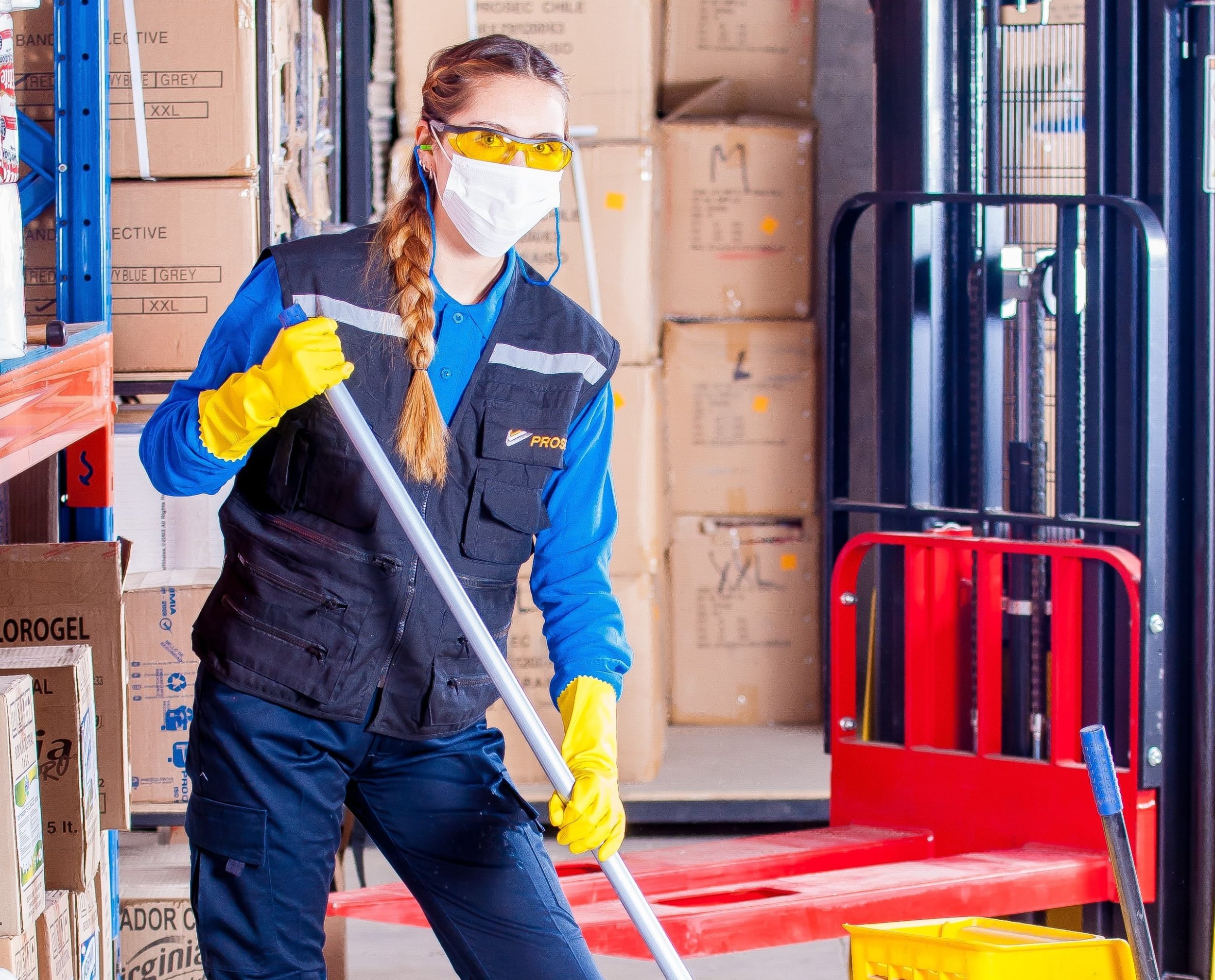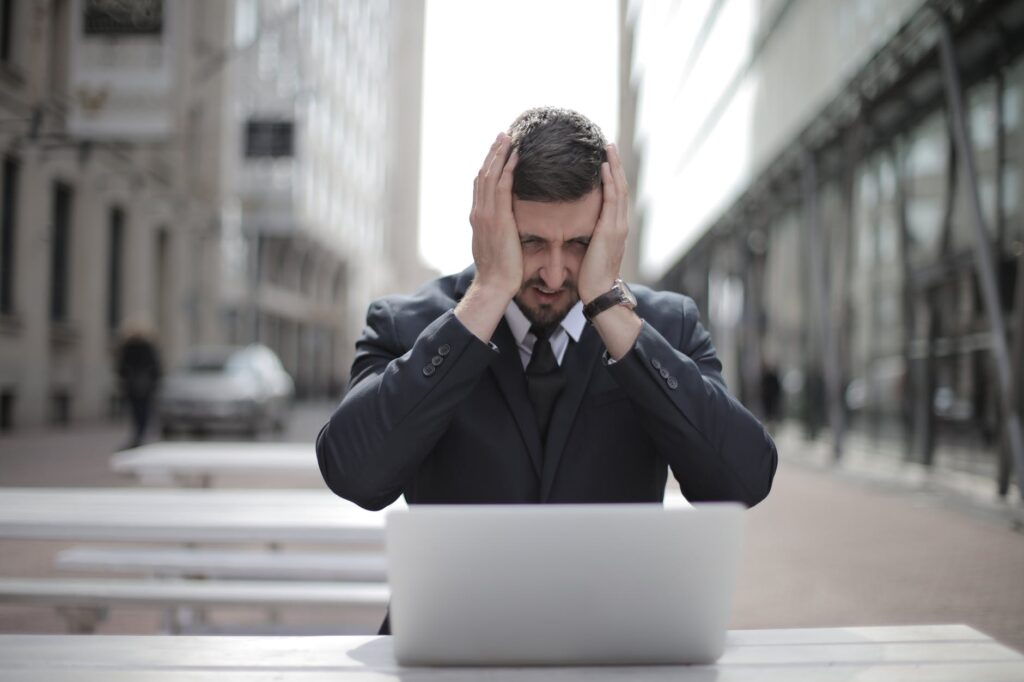What is Coronavirus disease (COVID-19)?
Coronavirus Disease (COVID-19), is a new respiratory virus first identified in Wuhan, Hubei Province, China. A novel coronavirus (CoV) is a new coronavirus that has not been previously identified.
What is the source of COVID-19?
Coronaviruses are a large family of viruses. Some cause illness in people, and others, such as canine and feline coronaviruses, only infect animals. Rarely, animal coronaviruses that infect animals have emerged to infect people and can spread between people. This is suspected to have occurred for the virus that causes COVID-19.
What is the risk of coronavirus in the UK?
The UK Chief Medical Officers have raised the risk to the public from low to moderate.
Health professionals are working to contact anyone who has been in close contact with people who have coronavirus.
What countries have a higher risk of the coronavirus?
Countries and areas with a higher risk of coronavirus are Cambodia, China, Hong Kong, Iran, Italy, Japan, Laos, Macau, Malaysia, Myanmar (Burma), Singapore, South Korea, Taiwan, Tenerife (only the H10 Costa Adeje Palace Hotel), Thailand and Vietnam. If an employee has visited one of those places in the last 14 days they should:
- Stay at home and avoid close contact with other people
- Stay away from GP surgeries, pharmacies and hospitals
- Use the 111 NHS online coronavirus service to find out next steps
What are the symptoms and complications that COVID-19 can cause?
Current symptoms reported for patients with COVID-19 have included mild to severe respiratory illness with fever, cough, and difficulty breathing. These symptoms do not necessarily mean you have the illness. The symptoms are similar to other illnesses that are much more common such as cold and flu.
How does the virus spread?
This virus probably originally emerged from an animal source but now seems to be spreading from person-to-person. It’s important to note that person-to-person spread can happen on a continuum. Some viruses are highly contagious (like measles), while other viruses are less so. It’s not clear yet how easily COVID-19 spreads from person-to-person. Similar viruses spread in cough droplets. It’s very unlikely it can spread through things like packages or food.
Is there a vaccine?
Currently, there is no vaccine available to protect against COVID-19.
What are the treatments?
There is no specific antiviral treatment recommended for COVID-19 infection. People infected with COVID-19 should seek medical assistance.
Can I prevent an employee from travelling to an affected area?
In relation to work travel, employers may want to avoid, and may well be able to prevent, employees travelling to highly affected areas, although this will need to be handled sensitively and will require a risk assessment.
Making clear the potential risks to employees and delaying travel until more is known may be a sensible approach and employers should consider engaging with their workforce to address the issue and think carefully about any policy to be adopted. Any policy that is applied must not have an unjustifiable discriminatory impact and should apply fairly across the workforce.
From a practical perspective, it may be that interim measures are the solution. For example, is it possible for the employee to carry out their work via Skype or video conferencing for a limited period?
The issue is obviously trickier when an employee wishes to travel for personal reasons. Whilst an employer cannot prevent an employee exercising their right to spend their holiday time where they choose, employers can reaffirm the government guidance, reiterate their obligation to protect the welfare of all employees and ask employees to keep them informed of any travel plans or other circumstances which may put the employee at increased risk of exposure to the coronavirus.
One of my employees is ill. How do I know if it is COVID-19 or something else like the flu?
If an employee becomes unwell in the workplace and has recently come back from an area affected by coronavirus, they should stay at least 2 metres (7 feet) away from other people, taking the following measures to limit risk of spread:
- Avoid touching anything
- When coughing or sneezing please do so into a tissue and put it in the bin, or if you don’t have a tissue, cough and sneeze into the crook of your elbow instead of your hand
- Immediately inform their line manager and leave the building
- They must then phone NHS advice on 111.
- If they’re seriously ill, injured or their life is at risk then call 999 and ensure they tell the operator their symptoms and which country they’ve returned from in the last 14 days
- It is important that they communicate with the business while they’re absent from work, updating them on their condition so you can take the necessary steps within the workplace to ensure colleagues’ safety
I’m worried about an employee who might be ill or might have been exposed to COVID-19. What should I do?
If an employee has flu-like symptoms, you can encourage them to ring 111 and seek medical advice.
How to avoid catching or spreading coronavirus
Do
- Wash your hands with soap and water often for at least 20 seconds
- Wash your hands when you get home or come into work
- Use hand sanitiser gel if soap and water are not available
- Cover your mouth and nose with a tissue or your sleeve (not your hands) when you cough or sneeze
- Put used tissues in the bin straight away and wash your hands afterwards
- Try to avoid close contact with people who are unwell
Don’t
- Touch your eyes, nose or mouth if your hands are not clean
Is it necessary for surgical masks to be worn?
Masks are only recommended for those with symptoms (fever, cough, shortness of breath, runny nose), to reduce the spread to others. The evidence regarding using masks for prevention is mixed. Leading public health authorities are not currently recommending masks for prevention of this virus. We understand that many individuals are concerned about exposure in public, the best prevention we know of is good personal hygiene habits.
My employee has called in sick. What should I do?
If your employee is unwell and unable to attend work, please follow the absence reporting procedure. This will be treated as sick leave and the usual sick pay policy will be followed, however, if they have genuine concern that it may be coronavirus and can provide a doctor’s note confirming that they were suffering with flu-like symptoms then statutory sick pay can be paid (if they qualify for SSP) for the duration of their sick note, and if you have under 250 employees, the government will reimburse the employer for the first 14 days of sick pay.
What should I pay my employees if I send them home?
If an employee is not sick but you tell them not to come to work, they should get their usual pay.
Are my employees entitled to sick pay if they self-isolate?
If they choose to or you send them home as a precautionary measure, they are entitled to statutory sick pay (SSP) for the first 14 days of self-isolation. The government have announced that small businesses with up to 250 employees will be reimbursed for SSP that they pay out for these purposes.
I need to close my business. Do I have to pay my employees?
Yes, unless it is stated in their contract or agreed otherwise.
Can I make my employees use their holiday entitlement during the business closure?
Yes, only if you inform your employees at least twice as many days before as the required holiday length. You should explain clearly why you need to close the business.
What medical evidence do my employees need?
In an attempt to keep people away from GP surgeries, employees can obtain a sick note through NHS 111.
I have self-employed staff. Will they get sick pay?
Self-employed people are usually not eligible for SSP, but the Government will now be making it “quicker and easier to get benefits” including those on a zero hours contacts, or those earning less than £118 a week.
I’m a small business owner. Will I have to cover the cost of my employees’ sick pay?
Under the new measures, the Government will meet the cost for businesses with fewer than 250 employees of providing SSP for 14 days. The step will provide over £2 billion for up to two million businesses.
Meanwhile, business rates will be scrapped for thousands of small businesses over the next year to help support small businesses during the COVID-19 outbreak.
Mr Sunak announced that businesses such as shops, cinemas, restaurants and music venues with a rateable value under £51,000 will not have to pay tax for the next financial year.
If you have any questions or need any further advice on this subject then please get in touch with one of our experts on 0161 603 2156 / [email protected].



